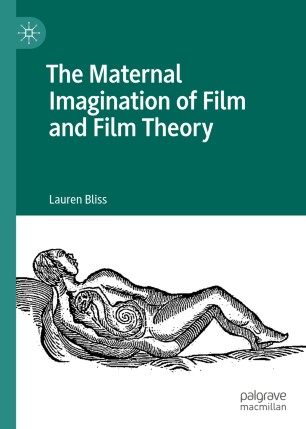

Most ebook files are in PDF format, so you can easily read them using various software such as Foxit Reader or directly on the Google Chrome browser.
Some ebook files are released by publishers in other formats such as .awz, .mobi, .epub, .fb2, etc. You may need to install specific software to read these formats on mobile/PC, such as Calibre.
Please read the tutorial at this link. https://ebooknice.com/page/post?id=faq
We offer FREE conversion to the popular formats you request; however, this may take some time. Therefore, right after payment, please email us, and we will try to provide the service as quickly as possible.
For some exceptional file formats or broken links (if any), please refrain from opening any disputes. Instead, email us first, and we will try to assist within a maximum of 6 hours.
EbookNice Team

Status:
Available4.5
19 reviewsThis book challenges common sense understandings of the unconscious effects of cinema and visual culture. It explores the castrating power of the early modern witch and the historical belief that pregnant women could manipulate and distort body image as figurative analogies for feminist theories of objectification and the male gaze. Through developing this history as an impure but lively analogy, this book serves as a provocation against the dominant imagining of objectification.
It offers innovative analyses of a wide-ranging selection of films and topics including Joyce Wieland’s Water Sark (1964) and its resonance with the works of John Cage and Stan Brakhage; the documentary Histoires d’A (History of Abortion, 1973), which contributed to the successful legalisation of abortion in France; the Hong Kong horror film Dumplings (Jiaozi, 餃子 2004), where foetal cannibalism serves up an image of censorship; and the dual productions The Book of Mary (Le livre de Marie) and Hail Mary (Je vous salue, Marie, 1985) by Anne-Marie Miéville and Jean-Luc Godard that figure a self-reproducing virgin who hears herself while remaining a virgin, unseen.